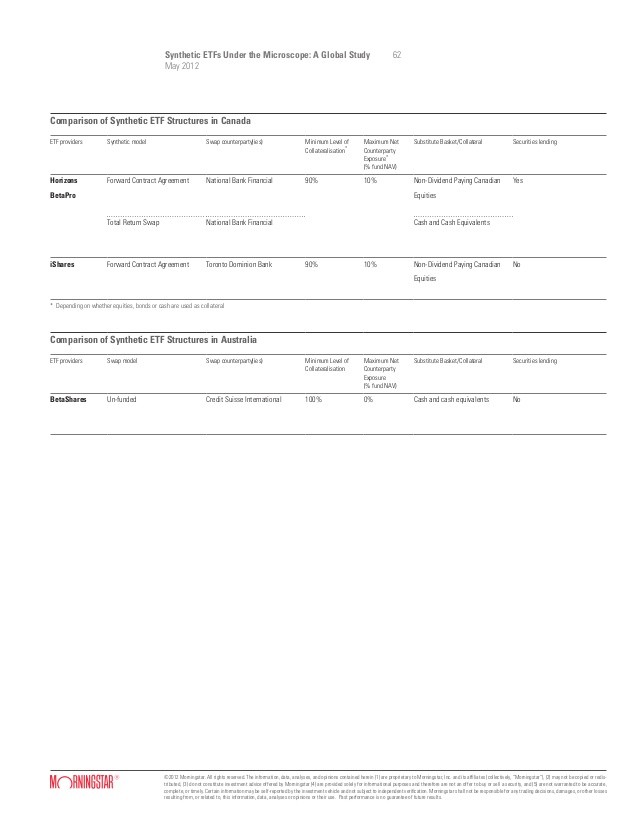BlackRock protects iShares ETFs from stock lending Citywire Money
Post on: 16 Март, 2015 No Comment

Favourites
by Emma Dunkley on Jun 22, 2012 at 04:57
BlackRock has announced two measures to reduce investor anxiety over the practice of stock lending by its iShares exchange traded funds (ETFs).
BlackRock has said it will indemnify its iShares ETF range from the risk of a borrower default. This means that if a company borrows stock from an iShares ETF and then goes bust and is unable to return the stock, BlackRock will compensate the fund and ensure there is no financial loss for investors.
Secondly, BlackRock, which bought iShares from Barclays two years ago, has set a 50% limit on the amount of shares one of its ETFs can lend to a third party.
Last year it emerged that the iShares FTSE 250 ETF – which tracks shares in the FTSE 250 index — had lent out as much as 95% of its investments to third parties. Investor concern was heightened by the revelation that the fund had accepted Italian and Japanese shares as collateral in case the stock was not returned.
Stock lending is controversial because the counterparty may be shorting the stock, ie, taking a bet that the price will fall. The presence of short trades can put downward pressure on a share price, which would disadvantage the original ETF investor.
BlackRock defends stock lending, saying 60% of the revenue it generates goes back to the fund to reduce charges. In the case of the iShares FTSE 250 it lowered the ETF’s annual management charge by nearly 0.15%.
On average it says iShares ETFs lend 20% of the securities they own, well within its new limit.

Joe Linhares, head of iShares EMEA, said ‘The vast majority of our funds are not impacted and will not forego securities lending revenue as a result of this change.’
However, Linhares said the company had to respond after investors expressed concern over the counterparty risk and the lack of transparency in its stock lending.
He said: ‘We listened to our iShares clients’ feedback and whilst clients appreciate the additional returns received from securities lending and are comfortable with our risk management process, clients said they would be more comfortable with limiting lending to 50% of a fund.’
On the decision to bear any losses that a fund incurs from stock lending, Linhares said: ‘Whilst we continue to believe that the strong risk management framework surrounding our securities lending programme delivers the protection clients need, we formalise the confidence we have in our risk management capabilities and explicitly provide an indemnity against borrower default,’ said Linhares.
He added that the cost of the indemnity would be paid by BlackRock and not passed on to iShares investors.
Exchange traded funds have become popular as a low-cost, flexible way of accessing stock markets. However, issues such as stock lending have caused concern that investors may not understand all the underlying risks. For an introduction to ETFs watch this Lolly Investor Programme video .














